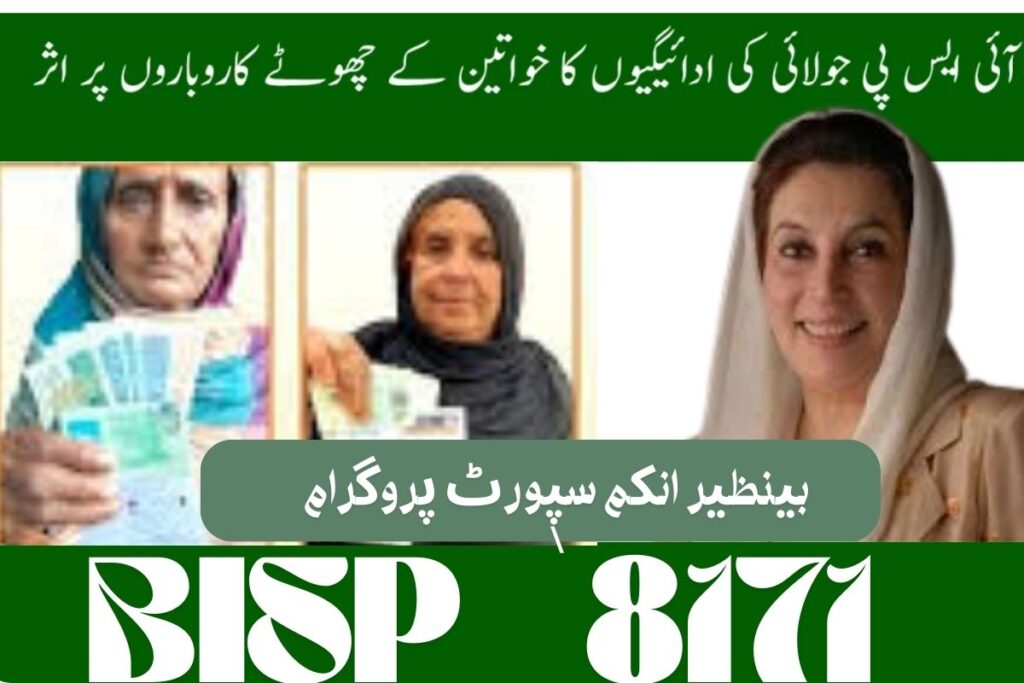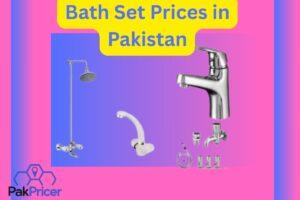July 11, 2025
BISP( Benazir Income Support Program) is an essential program for poor in Pakistan with a sort of cash assistance. Every three months, in July’s case, the program pays out cash to qualifying women. Although for the most part these money are being used to cover basic necessities, many women are investing this financial help in initiating or expanding microenterprises at a small personal level.
Deconstructing how July BISP payments are empowering women and becoming game changers for women who aspire for financial independence while contributing in family budge: A case study
Table of Contents
What Are BISP July Payments?
How the Money Launches Businesses for Women
The Role of Women Getting the Payments Directly
BISP’s Role in Women’s Empowerment
Challenges Women Still Face
The Impact of Regular Payments
What BISP Can Do for Women Entrepreneurs
Frequently Asked Questions About BISP and Women’s Microenterprises
Conclusion
What Are BISP July Payments?
BISP gives out quarterly cash disbursements to poor women. ( In July they usually receive Rs. 8,500, which is spent in daily needs like food, medicine and children’s education. But for a lot of all those women, this sum is an chance to start a small business that allows additional revenue.
A Look at How Women Use the Money to Start Businesses
Despite meager resources, women in all parts of the world are finding creative ways to be micro-entrepreneurs, especially in Pakistan. Here is how they spend their BISP payments, among other things:
Purchasing Products to Sell
To make ends meet, many women purchase essentials such as vegetables and fruits, or even fabrics and sell the wares at home or in surrounding markets.
Home-Based Services
Other women use their cooking and sewing talents to prepare meals for neighbors, sew clothing for a fee, or make crafts to sell locally.
Operating a Small Stall
With their payment, women can set up simple roadside stalls or carts to sell snacks, tea or secondhand goods.
Saving for Future Investments
For a few, some of the money is socked away over a few months and is eventually used to finance a bigger business purchase.
The Role of Women Receiving Payments Directly
An important factor in BISP is that women are paid the cash payments directly, empowering them to decide how the cash is used. This empowerment fosters:
Greater confidence in decision-making
Increased influence in household matters
Enhanced ability to plan and develop businesses
Taking control of their financial lives is frequently a key to financial independence and success.
BISP’s Role in Women’s Empowerment
That payment can significantly increase the confidence and status of a woman within her family, many say. They say they are more engaged in financial decision-making, and some husbands and other family members now ask them for financial advice. Running businesses, women also serve as an example for other women, demonstrating to them that it is possible to make economic opportunities.
Challenges Women Still Face
Although there are advantages of BISP, women continue to experience many challenges to scale their businesses:
Limited Capital
BISP payments help, but rarely enough to start or sustain larger businesses. Women are often able to look to other savings/earning mechanisms.
Lack of Business Education
There is a lack of understanding amongst many girls and women of business skills like budgeting, pricing, and marketing, which stifles business growth.
Social Restrictions
In some areas there are social restrictions on women’s mobility and interaction with male customers, which make it harder for them to start or expand businesses.
Limited Access to Financial Support
Most of BISP beneficiaries do not have access to banking or microfinance, so they cannot take loans or credit to take their businesses to new level in difficult times.
The Impact of Regular Payments
The BISP’s bi-monthly payment system also allows women to plan for their businesses with greater ease. “Having that kind of stability on when the next payment’s going to be is really, really important,” adds Churchward, “because then you can start to grow gradually.” One woman might begin with a small food stall, growing later into a catering service, while another might use the payments to purchase an item — a sewing machine — or capital, like cows.
How BISP Could Improve Assistance to Women Entrepreneurs
Some options can be further implemented to improve the effectiveness of BISP:
It could offer basic business training around subjects like budgeting, marketing and saving.
Issue bonus awards to women seeking to invest in their small businesses.
Have more centres, or mobile units available for easy disbursement of funds.
Connect women with microfinance programs that offer loans or savings to help grow their businesses.
BISP and Women’s Small Businesses: 5 FAQs
Are women able to set up a business with BISP money?
Yes, some women have managed to start small businesses — food stalls, tailoring, little retail shops.
Is Rs 8,500 a sufficient amount to build and grow a business?
It may not be sufficient in its own right, but it is a beginning. Women often save or plow back money to build their business slowly over time.
Who directs the money being spent?
Yes, women receive payments directly, and this is giving them control of how the money is spent, a way of boosting financial independence.
What kind of businesses do women typically start?
The majority of the women start small businesses at home, like cooking, sewing, or selling small items, which are low-cost and can be managed within the home.
Conclusion: One Payment, Many Possibilities
The July BISP payment may appear modest but it provides Pakistani women with an opportunity to accomplish so much more. And now, with economic autonomy, creativity, and resolve, women are transforming these payments into life-altering opportunities. Given further assistance in the form of training, the use of tools, or access to a loan, these small projects might grow into successful businesses that provide for families, and even transform entire communities.






